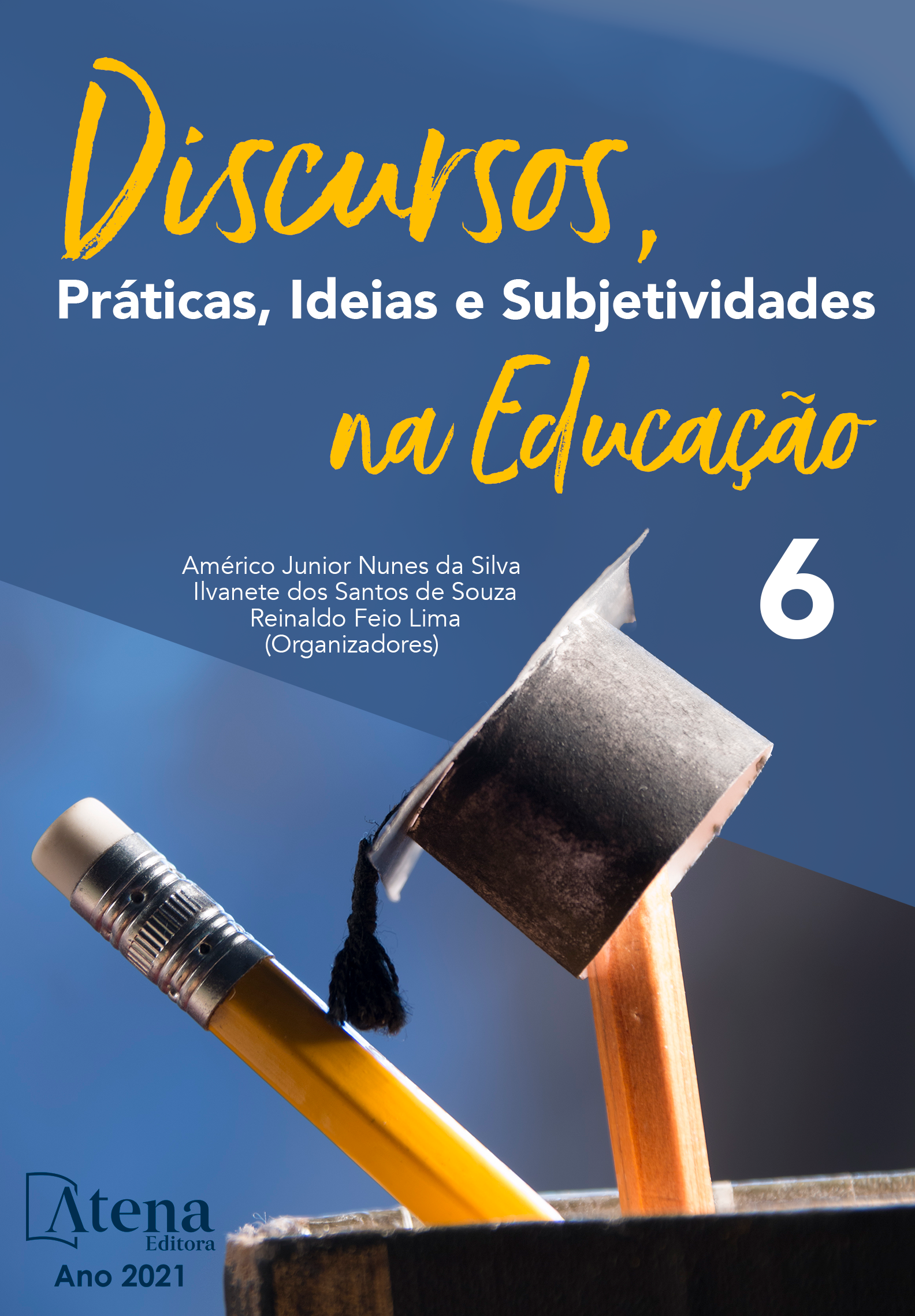
PRÁTICAS DE INCLUSÃO NO ATENDIMENTO ESCOLAR DOMICILIAR
Nas últimas décadas o movimento pela inclusão de alunos com necessidades especiais no ambiente escolar atingiram dimensões significativas de debates e análises teóricas que impulsionaram políticas públicas consistentes e pertinentes que incitaram as instituições de ensino a se organizarem e repensarem estratégias e procedimentos que favorecessem o acesso e a permanência desses alunos no processo pedagógico. A Lei de Diretrizes e Bases da Educação nº 9.394 de 1996 (BRASIL, 1996) garante os direitos de todas as crianças e adolescentes à educação. Esta lei propõe que todas as pessoas precisam ter meios necessários para evitar a suspensão do aprendizado. Os estudantes que se encontram numa situação de enfermidade, com problemas de saúde que os impossibilitam de frequentar regularmente os espaços escolares têm o direito a educação tanto quanto os que cursam regularmente os estabelecimentos de ensino através do atendimento educacional domiciliar. O relato de experiência aqui descrito foi realizado com uma aluna da Rede Municipal de Guaíba, que necessitou do atendimento domiciliar logo ao iniciar sua escolarização. O trabalho ofertado veio de encontro não só as leis vigentes que já ofertavam uma educação inclusiva na rede, como também a Resolução n° 7 /2012 – Conselho Municipal de Educação de Guaíba – CMEG que estabelece normas para a oferta da modalidade da Educação Especial no Sistema Municipal de Ensino de Guaíba. No relato, destaca-se a importância ao desenvolvimento geral do sujeito, seus direitos enquanto cidadão e a relevância da postura humanizadora nas relações entre educação, saúde e família e as relações de reciprocidade entre educando e educador através de práticas inclusivas.
PRÁTICAS DE INCLUSÃO NO ATENDIMENTO ESCOLAR DOMICILIAR
-
DOI: 10.22533/at.ed.2202128045
-
Palavras-chave: Inclusão. Atendimento domiciliar. Aprendizagem. Interação.
-
Keywords: Inclusion. Home care. Learning. Interaction
-
Abstract:
In the last decades the movement for the inclusion of students with special needs in the school environment has reached significant dimensions of debates and theoretical analysis that have driven consistent and pertinent public policies that have encouraged educational institutions to organize themselves and rethink strategies and procedures that would favor the access and permanence of these students in the pedagogical process. The Education Guidelines and Bases Law nº 9,394 of 1996 (BRAZIL, 1996) guarantees the rights of all children and adolescents to education. This law proposes that all people need to have the means to avoid the suspension of learning. Students who are sick and have health problems that make it impossible for them to attend school regularly have the right to education as much as those who attend school regularly through home educational care. The experience report described here was made with a student from the Municipal Network of Guaíba who needed home care as soon as she began schooling. The work offered came in response not only to the laws in force that already offered an inclusive education in the network, but also to Resolution n° 7 /2012 - Conselho Municipal de Educação de Guaíba - CMEG (Municipal Education Council of Guaíba) that establishes norms for the offer of the Special Education modality in the Municipal Education System of Guaíba. The report highlights the importance to the general development of the subject, its rights as a citizen and the relevance of the humanizing posture in the relationships between education, health and family and the reciprocal relationships between educator and educator through inclusive practices.
-
Número de páginas: 13
- Daiane de Liemes Rosa
- Raquel Soares Da Silva


